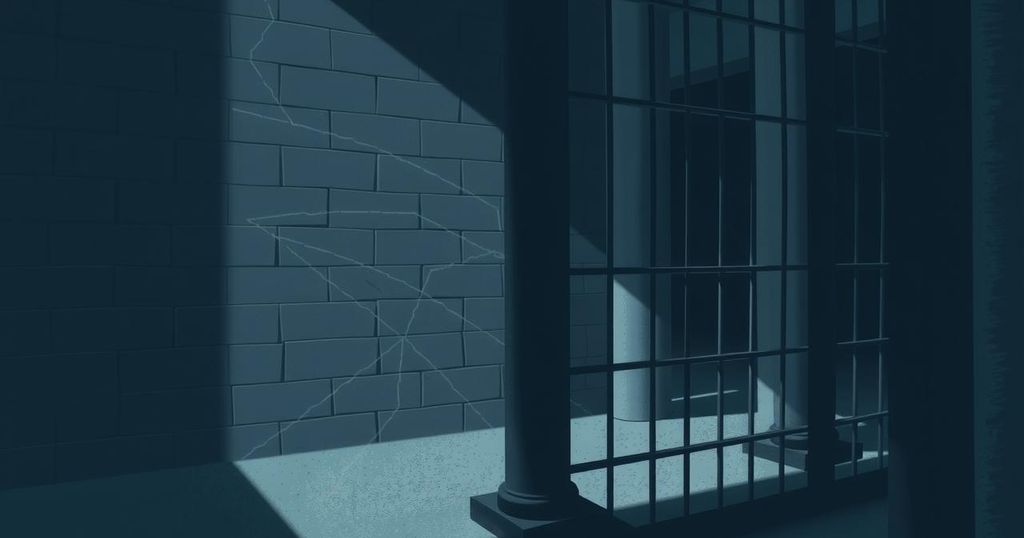The Seven-Year Ordeal of Jagtar Singh Johal: A Case for Justice in India

Jagtar Singh Johal has endured over seven years of imprisonment in India, accused of terrorism-related offenses he denies and claims to have been tortured. Recently acquitted in one case, his family and supporters advocate for his release as they stress the lack of credible evidence against him. The Indian government continues to uphold the charges, while the UK government expresses urgency to secure his freedom.
Jagtar Singh Johal, a Scottish Sikh activist, has been imprisoned in India for more than seven years following his arrest in November 2017 while visiting Punjab for his wedding. Accused of serious terrorist-related charges, Johal maintains his innocence and asserts that he has been subjected to torture during his incarceration. His family continues to advocate for his release, describing his time in custody as a “seven-year nightmare.” Recently, he was acquitted in one of the nine cases against him, although the Indian government still labels him a terrorist.
The allegations against Johal include links to terrorist organizations and participation in violent acts, which he vehemently denies. His family asserts that he is a peaceful activist who has been wrongly implicated. The prosecution claims that he provided financial support to armed groups attempting to destabilize India, yet the legitimacy of these claims has come under scrutiny due to the lack of credible evidence.
Johal’s brother, Gurpreet, initially believed that Jagtar had been abducted rather than arrested. Further inquiries revealed accusations of membership in a terrorist cell, coupled with disturbing claims of torture that Jagtar detailed in notes to his defense attorney. The legal charity Reprieve contends that any admissions of guilt were coerced and should not be admissible in court, supporting calls for Johal’s release.
In a significant ruling, the District Court of Moga acquitted Johal of all charges in one case due to a lack of evidence. The presiding judge stated that the prosecution had failed to present convincing evidence of illegal activities or terrorist affiliations. Despite this victory, questions remain concerning the ongoing cases against him, especially in light of the stringent legal standards imposed by the Indian government.
An examination of testimonies in Johal’s case reveals critical inconsistencies. Key officers involved in the investigation admitted to no incriminating evidence being recovered. Furthermore, witnesses who testified against him were found to have dubious credibility, and numerous retracted statements have complicated the prosecution’s narrative.
Reprieve highlighted the weakness of the case against Johal, indicating that it serves as a mere pretext to maintain his detention. The remaining charges against him, still pending in Delhi’s courts, could result in even more severe penalties, including the death penalty. Critics of the Indian government’s tactics argue that legislation aimed at preventing terrorism often disproportionately impacts minority groups.
In light of the recent acquittal, there exists renewed hope among Johal’s supporters, including family members and UK governmental officials. The UK government has expressed urgency regarding his case, recognizing the need for swift action in light of the recent developments. Gurpreet remains optimistic but emphasizes the necessity of tangible outcomes beyond public statements. The family seeks not only a legal resolution but a conclusion to their prolonged ordeal.
Jagtar Singh Johal, a Scottish activist, has faced significant legal challenges and alleged torture during his more than seven years in an Indian prison. While he was recently acquitted in one of nine cases against him, questions remain about the use of law to suppress dissent, particularly against minority communities in India. As the UK government steps up its efforts for Johal’s release, his family continues to live in hope for an end to their prolonged distress, affirming the need for justice and accountability in human rights abuses.
Original Source: www.bbc.com







